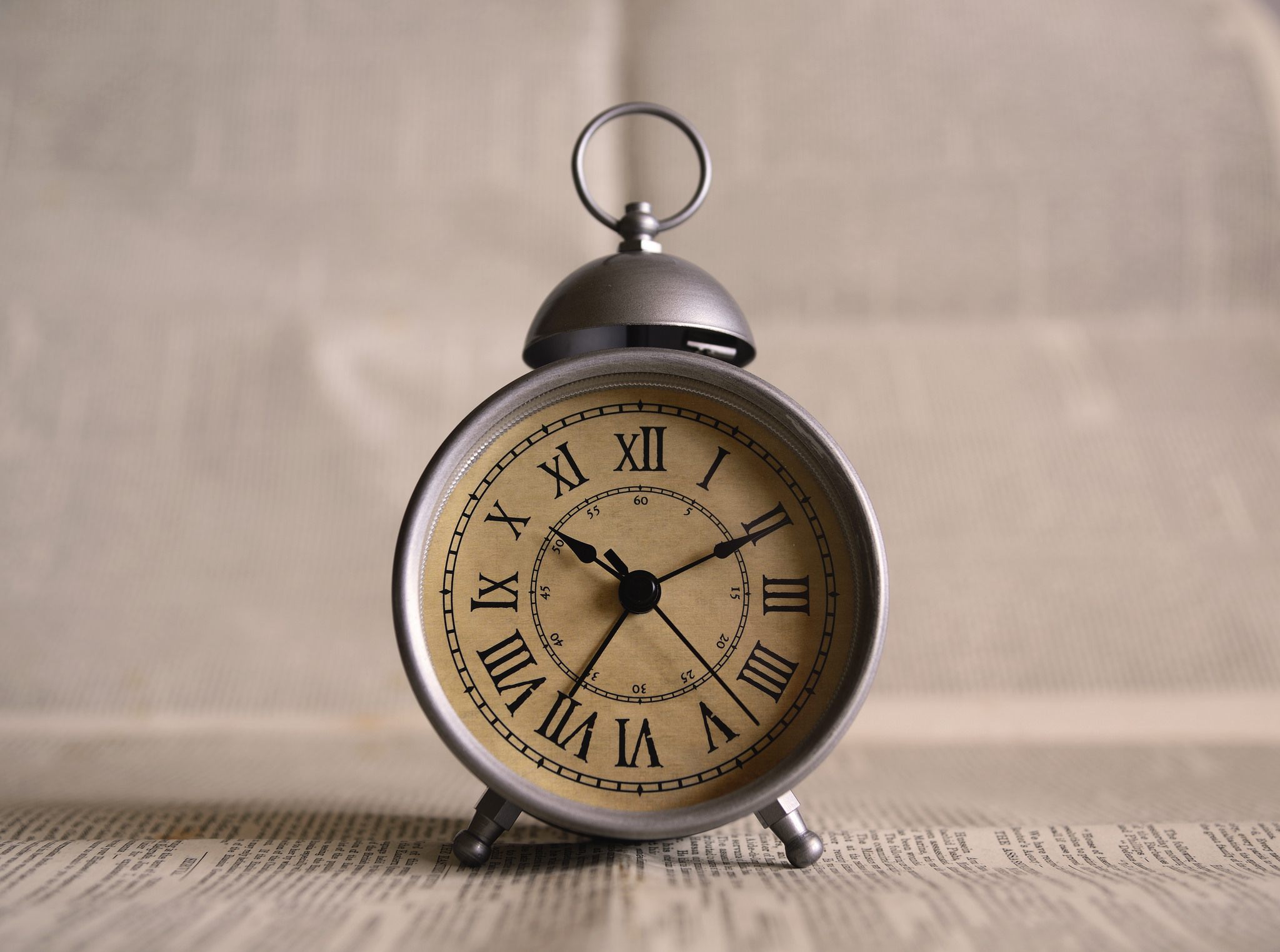Visitors have accessed this post 206 times.
The fundamental assessments to assess precisely how much, or little, change is expected to influence mental prosperity when you get up an hour sooner.
College of Colorado Stone in one hour soon wakes up
The examination of 840,000 people, by experts at College of Colorado Stone and the Wide Foundation of MIT and Harvard, addresses likely the most grounded verification yet that chronotype — a singular’s inclination to rest at a particular time — influences wretchedness.
As people emerge, post-pandemic, from working and going to class indirectly — an example that has driven various to move to a later rest plan — the disclosures have critical repercussions.
How much prior do you need to move individuals to see an advantage in an hour earlier waking up?
We have known for a really long time that there is an association between rest timing and disposition. However, a request we every now and again hear from clinicians is: “How much earlier do we want to move people to see a benefit?” said senior maker Celine Vetter, associate teacher of integrative physiology at CU Stone. “We found that even one-hour sooner rest timing is connected with a through and through lower peril of agony.”
Past observational assessments have shown that night individuals are twice as obligated to encounter the evil impacts of debilitation as hard workers, paying little psyche to how long they rest.
Various assessments have had little model sizes, relied upon surveys from a long time point, or didn’t address normal factors that can influence both rest timing and outlook, possibly confusing outcomes.
In 2018, Vetter disseminated an immense, long stretch examination of 32,000 clinical orderlies showing that “aggressive individuals” ultimately depended on 27% less learned to cultivate despairing all through four years, yet that made one marvel.
How do your qualities impact when you awaken one hour sooner?
Each one-hour sooner rest midpoint (somewhere close to rest time and wake time) contrasted and a 23% lower risk of huge difficult issues.
In the greatest of these models, around 33% of studied subjects self-recognized as morning fighters, 9% were evening individuals and the rest were in the middle. By and large, the ordinary rest mid-point was 3 a.m., and that implies they went to rest at 11 p.m. Additionally, I got up at 6 a.m.
Qualities related to Heredity to wake up earlier an hour
“Our genetic characteristics are set after entering the world, so a piece of the inclinations that impact various kinds of epidemiological assessment tend not to impact genetic examinations,” said Daghlas, who graduated in May from Harvard Clinical School.
Assessment sorted out that moving rest time earlier by an hour decreases the peril of critical misery by 23%. Arousing just a single hour sooner could diminish a singular’s risk of critical despairing by 23%, suggests an overall new genetic assessment circulated May 26 in the journal JAMA Psychiatry.
With this information nearby, the researchers went to another model which included innate information close to anonymized clinical and arrangement records and audits about discoveries of huge oppressive issues.
The researchers assessed distinguished innate data on these varieties from up to 850,000 individuals, including data from 85,000 who had worn wearable rest trackers for 7 days and 250,000 who had balanced rest tendency studies. This gave them a more granular picture, down to the hour, of how varieties of characteristics influence when we rest and wake up.
With this information nearby, the researchers went to another model which included innate information close by anonymized clinical and arrangement records and audits about discoveries of critical difficult issues.
Light days, dull nights key, What could explain this effect? Some investigation suggests that getting more noticeable light receptiveness during the day, which hard workers will overall get, achieves a course of hormonal impacts that can influence the perspective.
Put another way, assuming that someone who customarily heads to rest at 1 a.m. stirs things up around town at 12 PM taking everything into account and rests a comparative length, they could cut their risk by 23%; if they head to rest at 11 p.m., they could cut it by around 40%.
Others note that having a natural clock, or circadian rhythm, that designs exceptionally as opposed to the vast majority of gatherings’ could in itself at any point be deterring.
“We live in an overall population that is expected for morning people, and night people regularly feel like they are in a reliable state of misalignment with that social clock,” said Daghlas.
He centers around the way that a colossal randomized clinical starter is essential to choose convincingly whether stirring things up around town early can diminish bitterness. “However, this assessment surely pushes the greatness of confirmation toward supporting a causal effect of lay timing on dejection.”
For those expecting to move themselves to an earlier rest plan, Vetter offers this insight: “Keep your days splendid and your nights faint,” she says. “Have your morning coffee on the deck. Walk or ride your bike to deal with the remote possibility that you would be able, and faint that equipment at night.”
